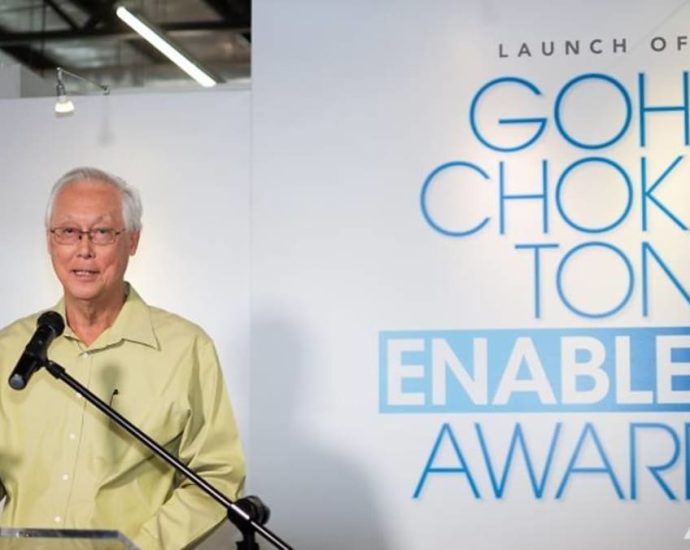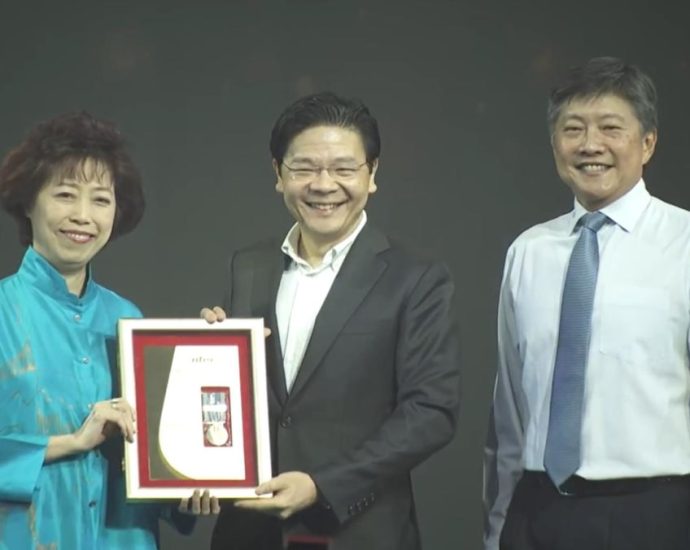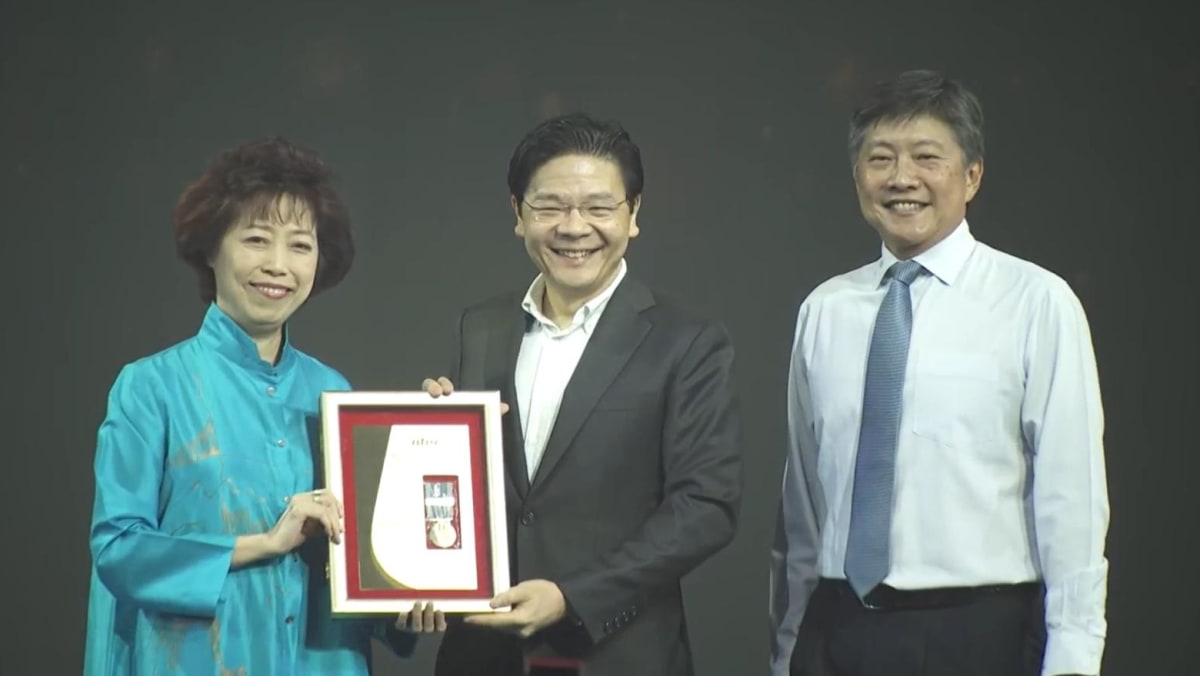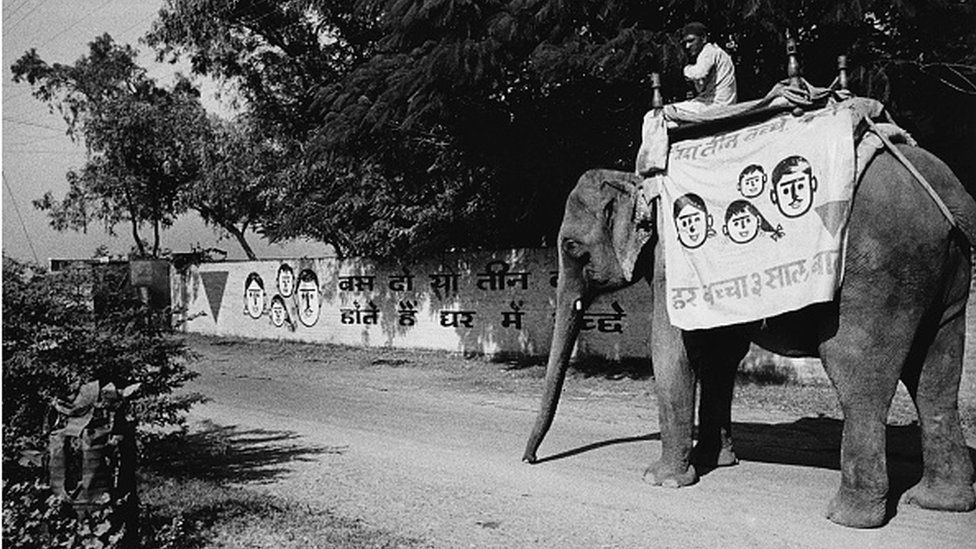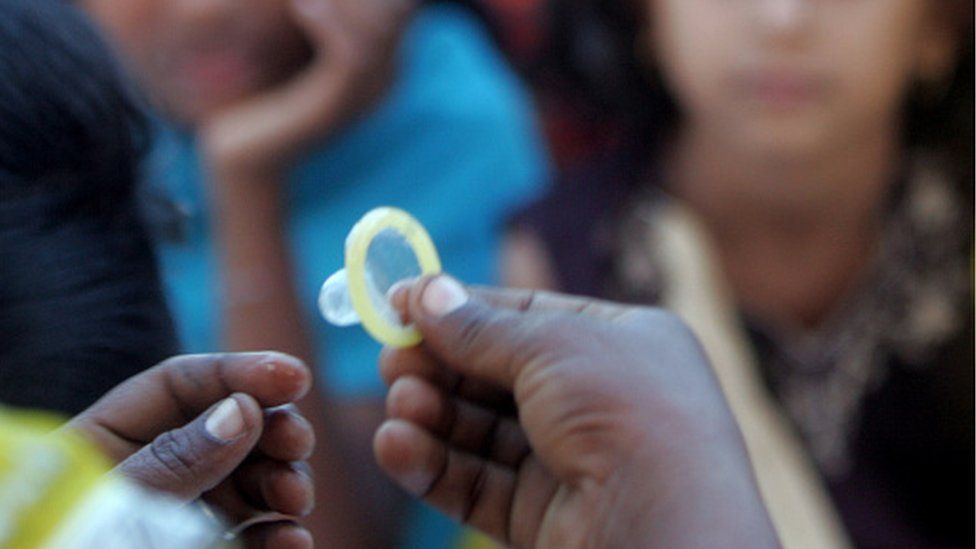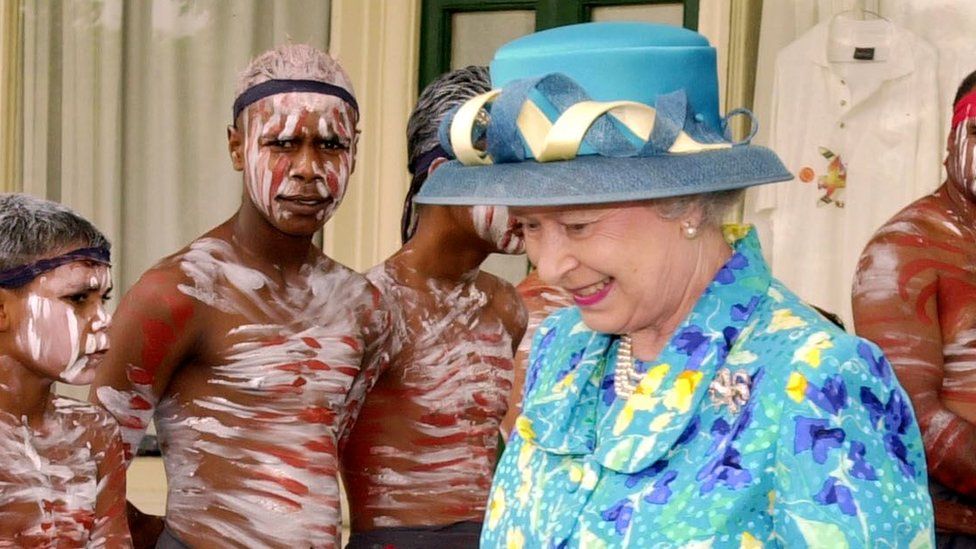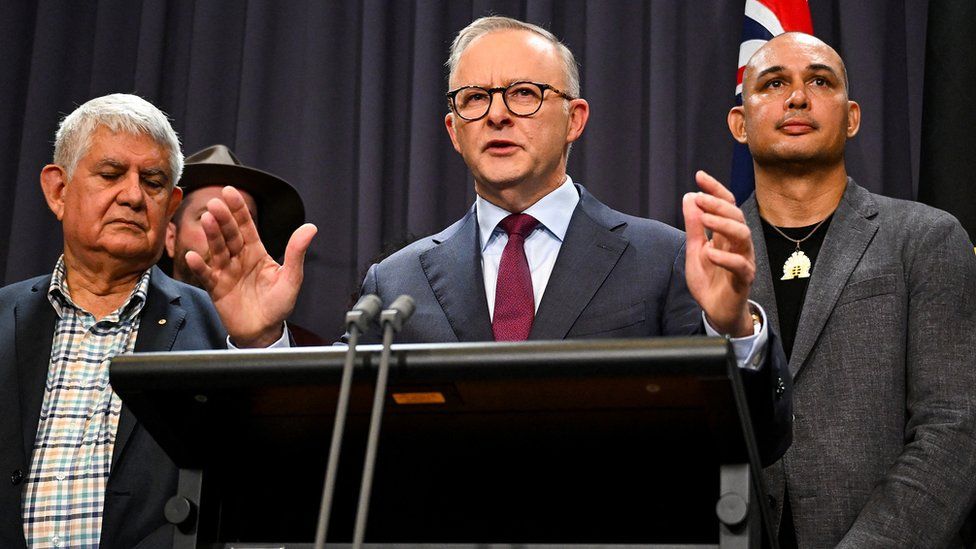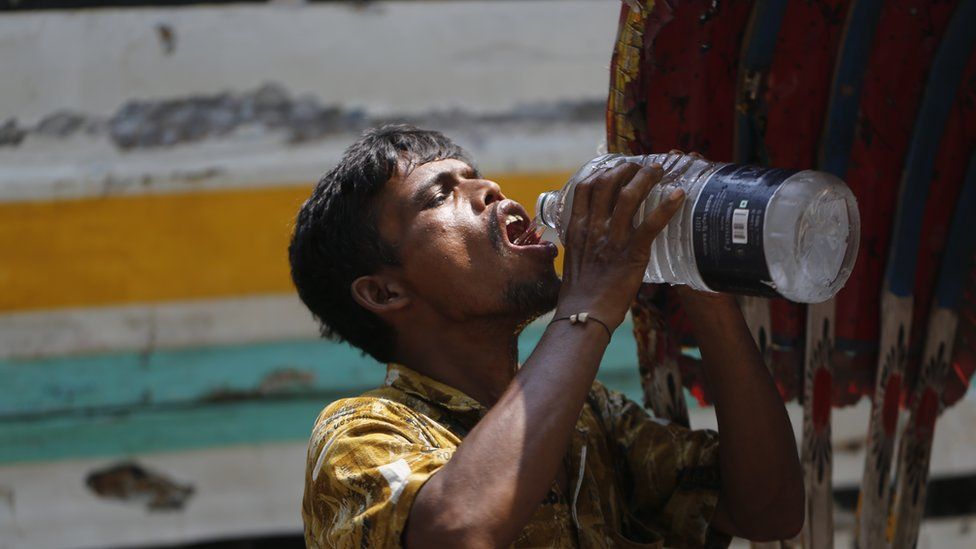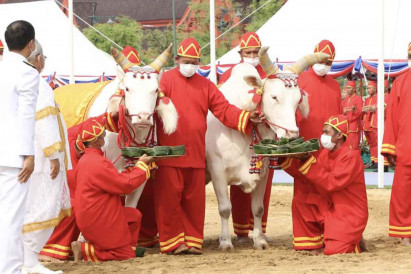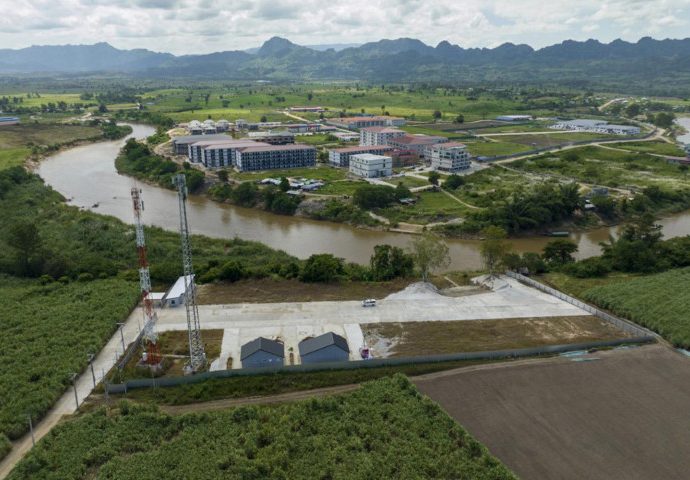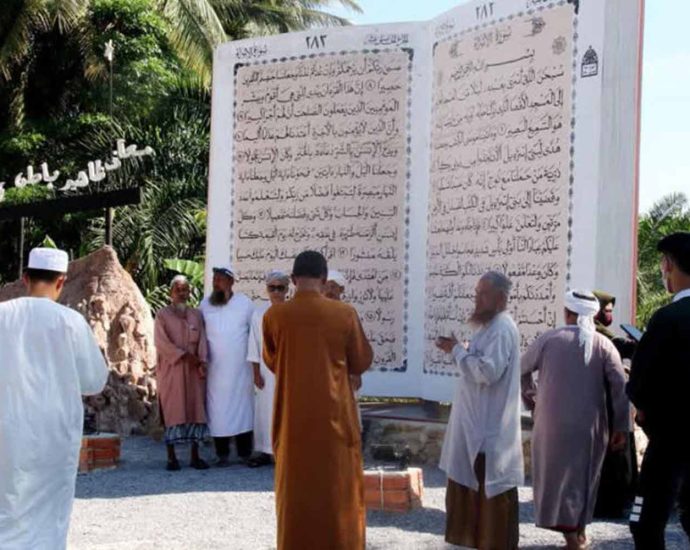Actress Nurul Aini withdraws nomination from Pesta Perdanaâs popularity award, saying âitâs timeâ to do so

In a TikTok video posted on Mediacorp’s page, the actress said: “I just found out I’m being nominated for Most Popular Female Personality and I think that, after being in this industry for 20 years, it’s time for me to withdraw myself from the award.”
Nonetheless, she expressed her excitement and eagerness “to know who the other nominees are”. She then ended the video by thanking fans for “still loving her even after 20 years”.
Nurul Aini burst onto the scene in 2002, after winning third place in Suria’s talent competition Juara. A few months later, she was offered a supporting role in the wildly popular Malay drama Cinta Bollywood, opposite Aaron Aziz and Suhaila Salam. In a career spanning over 20 years, she has won the Most Popular Female Personality award five times.
Following Nurul Aini’s withdrawal, netizens have praised her for “being humble”. One user even consoled her, saying “It doesn’t matter how many years you (have been in the) industry, you (still) deserve it”.
The 2023 Pesta Perdana Awards will air on Jun 17 on Suria and meWatch. Nominees have been announced here and include the likes of Malaysian veteran actress Fauziah Nawi and celebrity chef Shahrizal Salleh aka Chef Bob.




